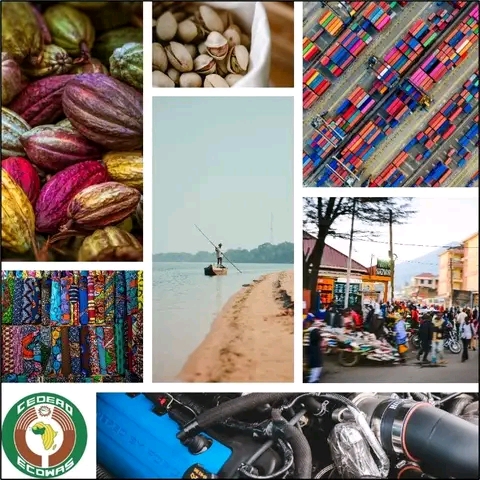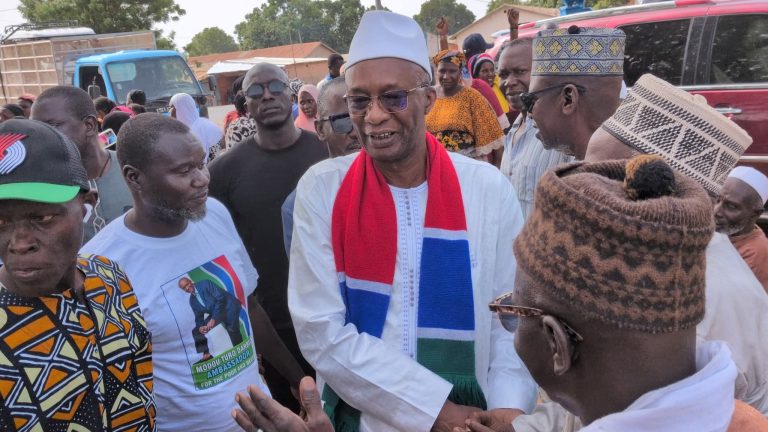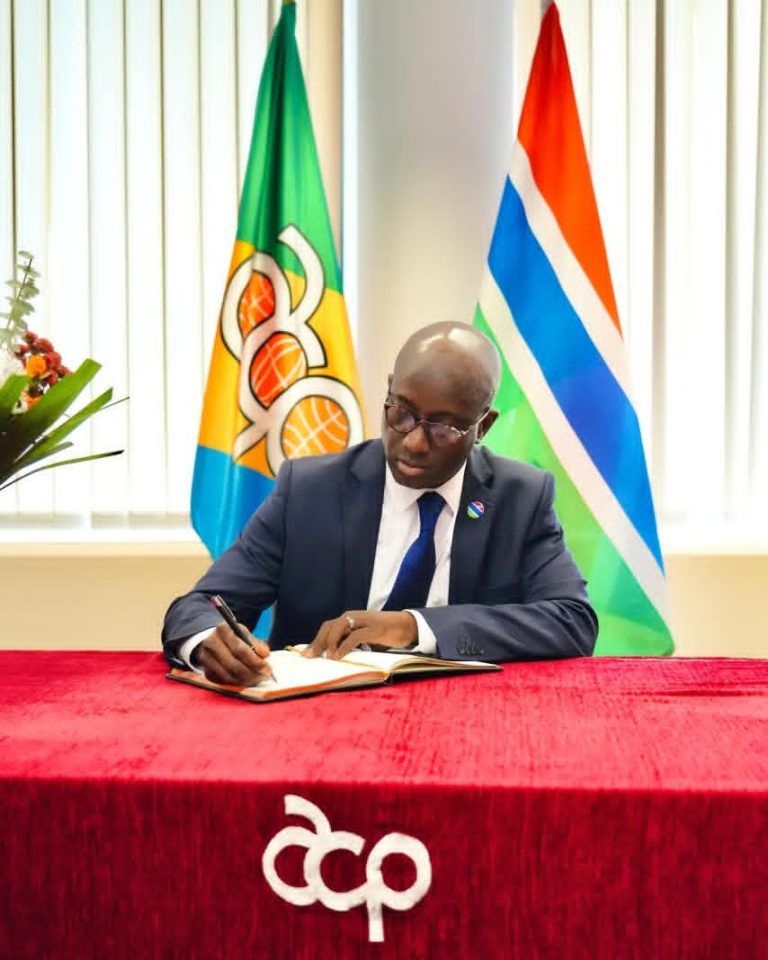
The Economic Community of West African States adopts a regional strategy to accelerate the implementation of the African Continental Free Trade Area Agreement in the ECOWAS region and leverage on opportunities for growth and prosperity in the region.
The 90th Session of the Economic Community of West African States (ECOWAS) Council of Ministers endorsed the ECOWAS Implementation Strategy for the African Continental Free Trade Area Agreement on the 6 and 7 July 2023, in Bissau, Guinea-Bissau.
This step follows the Strategy’s adoption by ECOWAS Ministers of Trade and Industry (ECOMOTI) at the 3rd Ministerial meeting which was held on the 27th and 28th April, in Abidjan Cote d’Ivoire.
The ECOWAS Commission developed the ECOWAS Implementation Strategy for the AfCFTA to effectively integrate West African economies into the continental market, by building on the progress and success of regional integration in West Africa in order to better take advantage of the economic gains of a common African Market.
The ECOWAS Implementation Strategy for the AfCFTA is timely, as it responds to the African Unions 2023 ambition geared towards the “Acceleration of AfCFTA’s Implementation” which came into operation on 1 January 2021, marking the commencement of trade in a single African market of 54 countries, including 13 ECOWAS Member States.
The ECOWAS Implementation Strategy for the AfCFTA is geared towards improving the effectiveness of the region’s trade integration framework, increasing coordination between Member States on their national AfCFTA implementation strategies, strengthening the productive capacity of Member States, building the capacity of Member States to engage in strategic African trade policy and ensuring the AfCFTA is a positive tool for women’s and youth economic empowerment.
Although participation in the AfCFTA is Member States-driven, ECOWAS supports Member States to ensure the Agreement contributes to the ECOWAS vision for a fully integrated regional market, and Member States can consolidate the existing economic gains of the ECOWAS Trade Liberalization Scheme, the ECOWAS Customs Union and the Protocol on the Free Movement of People, among others.
“The ECOWAS AfCFTA Strategy for the Implementation of the AfCFTA is an important milestone in the region’s efforts to fast-track the implementation of the AfCFTA Agreement” said Massandjé TOURE-LITSE, Commissioner for Economic Affairs and Agriculture at the ECOWAS Commission “The Commission is committed to working with Member States to ensure that the Community and its people and business can fully benefit from the African Market.
The AfCFTA is one of the flagship projects of the African Unions Agenda 2063: The Africa We Want. It is an ambitious trade agreement that includes critical areas of Africa’s economy, such as digital trade and investment protection, amongst other areas. By eliminating barriers that prevent African businesses from trading in goods and services and making investments in Africa, the full implementation of the AfCFTA is expected to significantly boost intra-Africa trade, particularly trade in value-added production, open new economic sectors, create jobs for a thriving youthful continental population, potentially lift 30 million people out of extreme poverty and give a $450 billion boost in Africa’s income by 2035.
According to the AfCFTA Secretariat, as of February 2023, 24 countries and 1 regional economic community (REC) had validated their implementation strategies; 9 national strategies were already being implemented and 10 national and 2 other RECs were drafting strategies.




